Elderhood: the post-heroic journey
post-heroic stories are about kissing the hag
An antidote to the all-conquering hero
In his 1949 book The Hero with a Thousand Faces, American mythologist Joseph Campbell suggested that the world’s most important mythological stories share a common framework: they all involve a hero, who happens to be a person of exceptional gifts, which may or may not be recognised by his society. He, or someone he loves, or the world in which he lives, suffers from a symbolic deficiency (in a fairy tale, for example, it might be a missing ring of power, or a bucket of water from the well at the world’s end). He must then set out on a great adventure to find the missing treasure and bring it back to the world he left.
Campbell’s notion of the Hero’s Journey has been profoundly influential, and has many fine and fascinating qualities, but it’s also linear, all-conquering and world-saving. It evolved out of the intensely individualistic, human-centric cultural mythology that has us firmly in its grip, and that certainly defined the culture that Campbell was a part of during the first half of the twentieth century. The Hero’s Journey derives from our cultural worship of the hero: the individual who rises above all others.
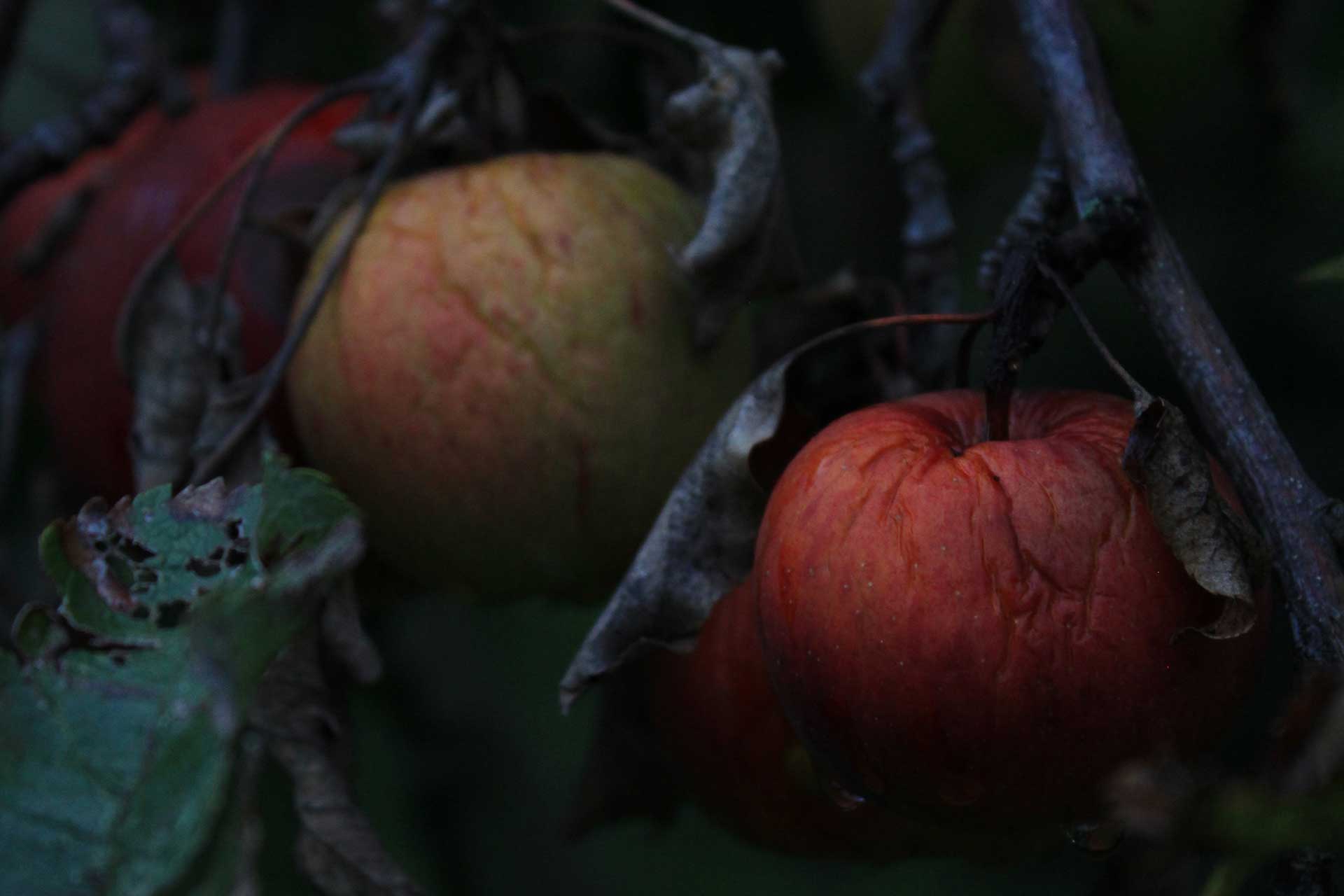
The Heroine’s Journey
But the Hero’s Journey, as I pointed out in my 2016 book If Women Rose Rooted, has little to offer women. It does not reflect the full reality of women’s lives, either inner or outer. In it, women appear either as the Temptress, there to test the Hero and lead him off-course, or in the guise of the Great Goddess, who represents the ‘unconditional love’ which must be won by the Hero to give him the courage to go on with his quest. In other words, at their very best, women can be no more than the destination: we represent the static, essential qualities that the active, all-conquering Hero is searching for. In her 1990 book The Heroine’s Journey, Maureen Murdock, one of his female students, reported that Campbell told her: ‘Women don’t need to make the journey. In the whole mythological journey, the woman is there. All she has to do is realize that she’s the place that people are trying to get to.’
I respectfully disagree. Women absolutely do need to make the journey; we do not, however, need to make the same journey which the Hero makes. Our journey is different; our stories are all our own. It’s more than time we told our own stories, outlined our journeys for ourselves. We don’t need Heroes to tell us who to be. And so, in If Women Rose Rooted, I described what I called an ‘Eco-Heroine’s Journey’. It was, I suggested, ‘a path to understanding how deeply enmeshed we are in the web of life on this planet. In many ways, it is an antidote to the swashbuckling action-adventure that is the Hero’s Journey, with its rather grandiose focus on saving the world. … This path forces us first to examine ourselves and the world we live in, to face up to all that is broken and dysfunctional in it and in our own lives. Then it calls us to change – first ourselves, and then the world around us. It leads us back to our own sense of grounded belonging to this Earth, and asks us what we have to offer to the places and communities in which we live. Finally, it requires us to step into our own power and take back our ancient, native role as its guardians and protectors. To rise up rooted, like trees.’
The time of the Hero is over
The Eco-Heroine’s Journey I proposed in If Women Rose Rooted was what I call a ‘post-heroic journey’: a journey which recognises that the time of the Hero is over – or that it needs to be. The post-heroic journey applies as much to men as to women. Campbell declared, in the context of the Hero’s Journey, that: ‘Not the animal world, not the plant world, not the miracle of the spheres, but man himself is now the crucial mystery.’ Again, I’m forced to disagree: in our endless self-obsession we have clearly lost sight of the real ‘crucial mystery’ – which is not man, and is not humankind – but rather an understanding of our place in the wider web of life on this beautiful and mysterious Earth. That is the goal of the post-heroic journey, whichever gender you might happen to identify with.
I believe that our journey through the second half of our lives – our journey into elderhood – is profoundly post-heroic. So how exactly would I define the nature of the ‘post-heroic’?
Let’s begin by looking at the archetype of the Hero. He personifies the pursuit of glory, always wanting more. To be a Hero isn’t about being the best we can be; it’s about wanting to be better than everyone else. The most popular books and movies today are profoundly Heroic in nature: swashbuckling, swaggering protagonist – male or (increasingly) female – conquers all, or saves the world. And when common-or-garden human heroes aren’t enough for us any more, then there are always the superheroes to help us out. Vampires, of course, are the new superhero, and teenagers all over the world who long to be more special, more magical than everyone else, are falling for them like flies. Because let’s face it: everyone wants to be Harry Potter. No-one – but no-one – wants to be a Muggle. This attitude is derived from the intensely individualistic, human-centric cultural mythology that has us firmly in its grip.
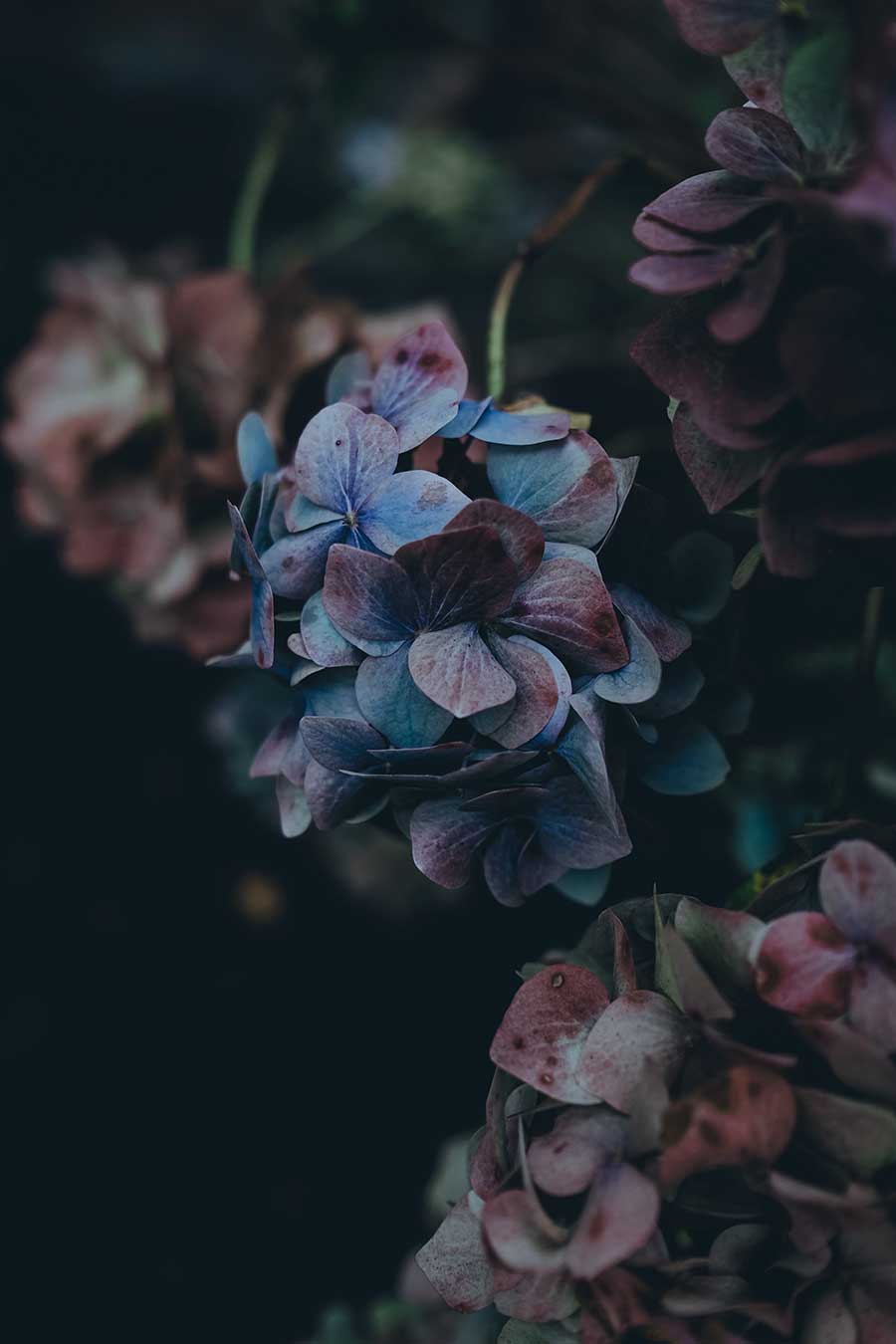
Women absolutely do need to make the journey; we do not, however, need to make the same journey which the Hero makes. Our journey is different; our stories are all our own.
New stories for new times
What, then, would a post-heroic myth look like? What stories would we tell if we thought that living a good and meaningful was about learning to live more deeply, more beautifully, in the world that we now have?
Post-heroic stories aren’t focused on individual glory; they’re focused on community. On diversity. It’s not about slaying the dragon, but about harnessing his special skills – making him part of the team. It’s about understanding, and valuing, the black, feathery, croaking wisdom of a crow. It’s about living with a half-empty stomach so you can feed some of your porridge to the hungry mice – who, if you are lucky, will help you to sort the wheat from the chaff. Post-heroic stories aren’t about winning the hand of the simpering, golden-haired princess: they’re about kissing the boar-toothed, blue-faced hag.
Post-heroic stories are about understanding when we’ve taken enough. Like the old Irish tale of the great cow of plenty, the Glas Ghaibhleann. A great cow whose milk flow was so abundant that she could feed multitudes, and she travelled the land, giving her creamy milk to anyone who needed it, filling whatever vessel they carried, no matter how large or how small. But when a wicked person tried to take more than her share by placing a sieve under the cow – which enabled her to fill many buckets placed underneath the sieve, because of course the sieve never seemed to be full – the magical cow disappeared forever from the earth, offended by such greed.
The post-heroic journey to a rich and meaningful elderhood offers us a very different kind of ‘call to adventure’. It’s a call to adventure that calls us to uncover our calling, and the unique gift that we each bring to the world at this time.
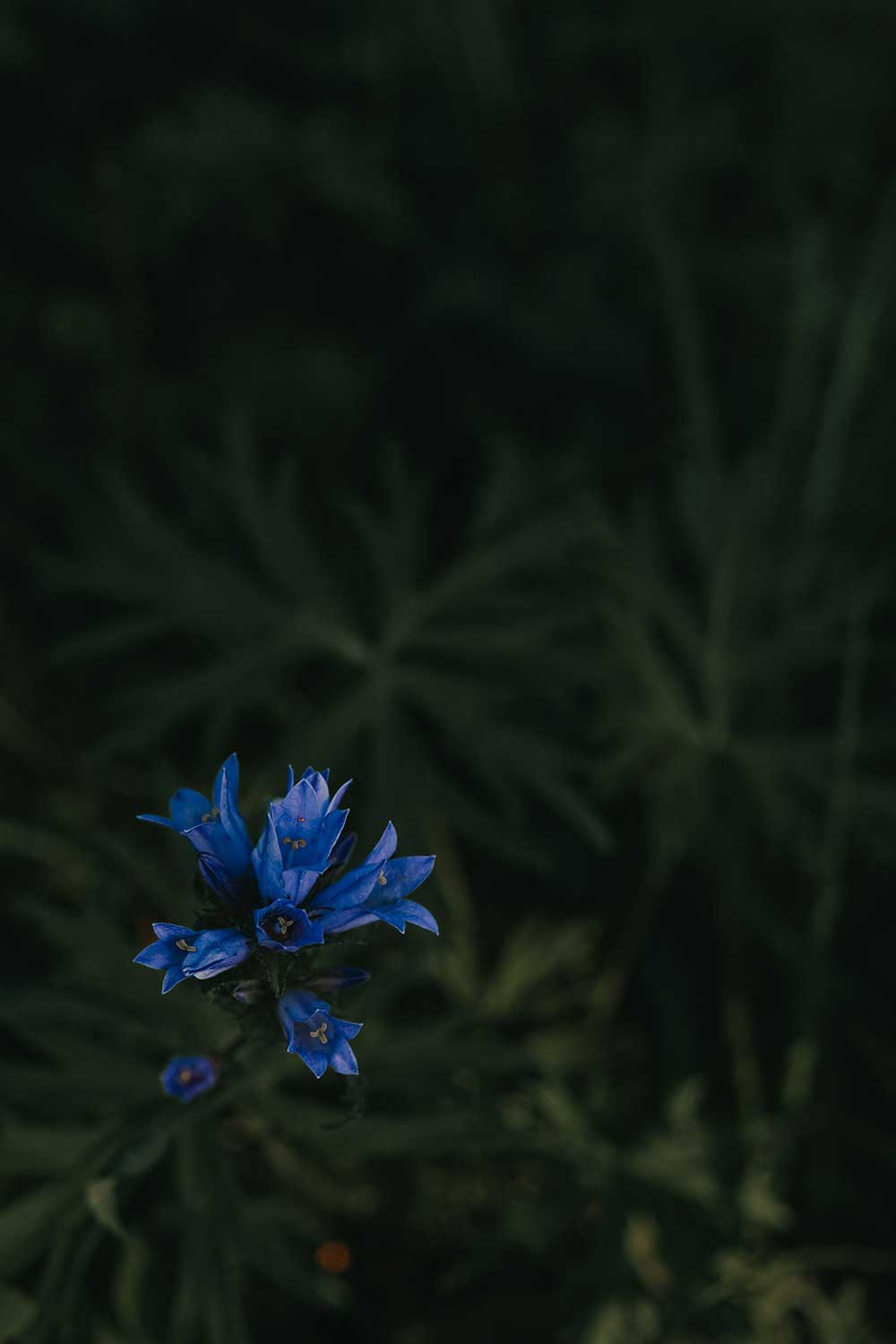
A different kind of ‘call to adventure’
Post-heroic stories are less about strength and more about compassion. Like the rich body of old European stories about the quest for the Grail, in which the question the adventuring knight must ask in order to gain the Grail, heal the wound of the Fisher King, and so heal the Wasteland, is a simple, pointed, empathic, ‘What ails thee?’ The answer is beside the point: the post-heroic journey isn’t about finding the answers – it’s about asking the right questions.
These are the stories which offer us a more enriching set of values to live by. These are the stories which remind us that, tucked up safe in the rambling, roundabout lines between once upon a time and happily ever after, lie all the secrets for a meaningful, sustainable life. They show us what it might be like to inhabit a world in which humans are fully enmeshed. In this world, animals always have something to teach us, trees and plants can save or cure us, and wise old men and women are waiting in the dark woods to help us. That sense of awe, of connection, of belonging to a mysterious world which has many depths and layers to explore, is missing in so much of our lives today.
The post-heroic journey to a rich and meaningful elderhood offers us a very different kind of ‘call to adventure’. It’s a call to adventure that calls us to uncover our calling, and the unique gift that we each bring to the world at this time. Unique as we all are in reflecting the infinite variety of the universe, we consequently embody elderhood in unique and infinitely various ways. We each have our own exceptional gifts and singular vision, and now’s the time to uncover them, to fulfil a potential that’s been developing throughout our many years on this beautiful, animate earth: the ultimate revelation of who we truly are and always were meant to be.
9 Comments
Submit a Comment
You may also like…
Elderhood: the post-heroic journey
The post-heroic journey to a rich and meaningful elderhood offers us a very different kind of ‘call to adventure’. It’s a call to adventure that calls us to uncover our calling, and the unique gift that we each bring to the world at this time.
Individuation and the second half of life
Individuation, Carl Jung suggested, is the alchemical ‘Great Work’ of the second half of life, and it’s the process by which we grow into own most authentic self as we journey into elderhood.
The Irrepressible Matriarchs of the North
Hagitude is dedicated to ‘the feisty and irrepressible old matriarchs of the far north-east of England, who enlivened my younger years and taught me never to let the illegitimi get me down.’ And indeed, growing up in County Durham, my childhood was dominated by old women.
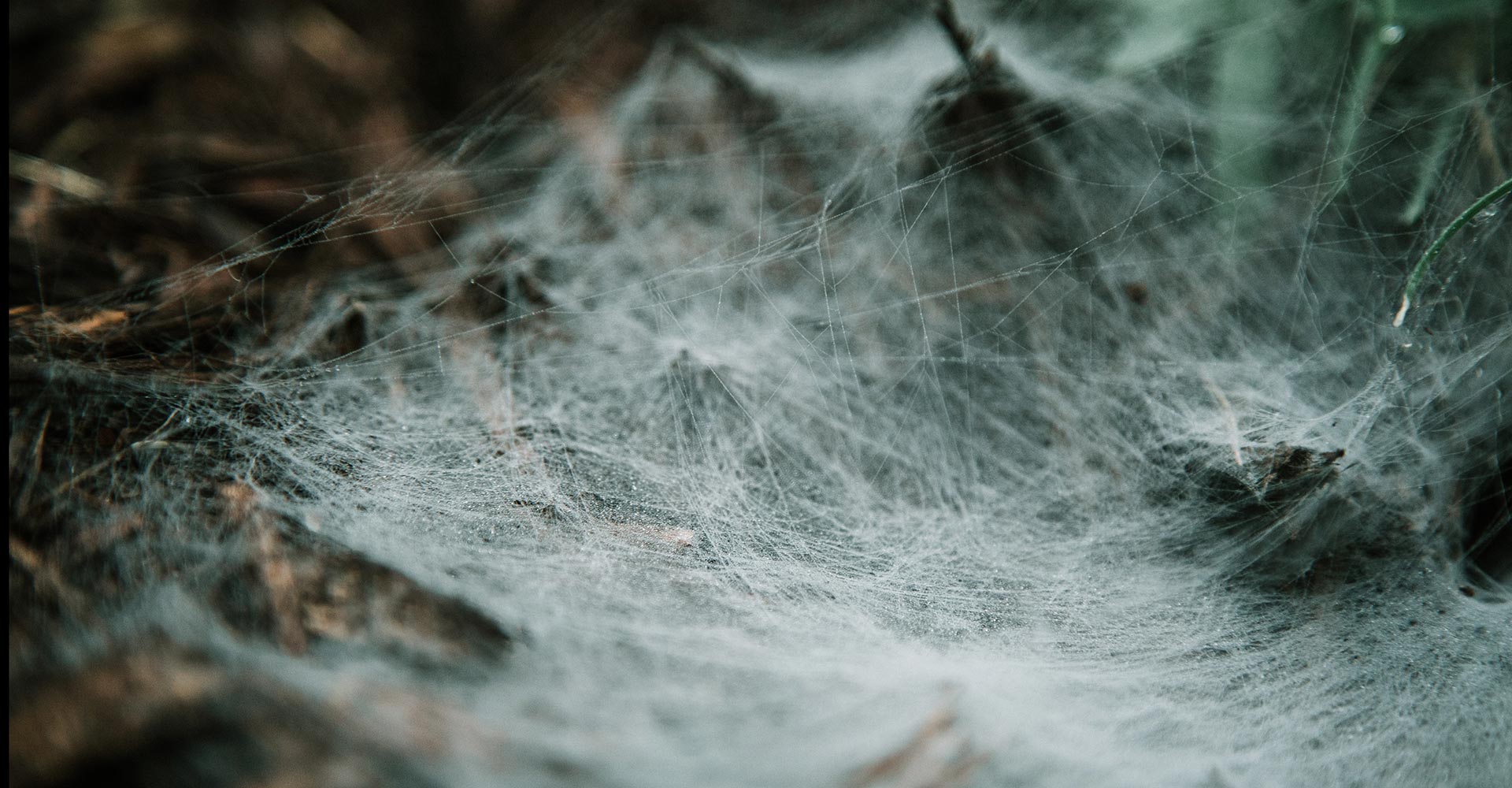
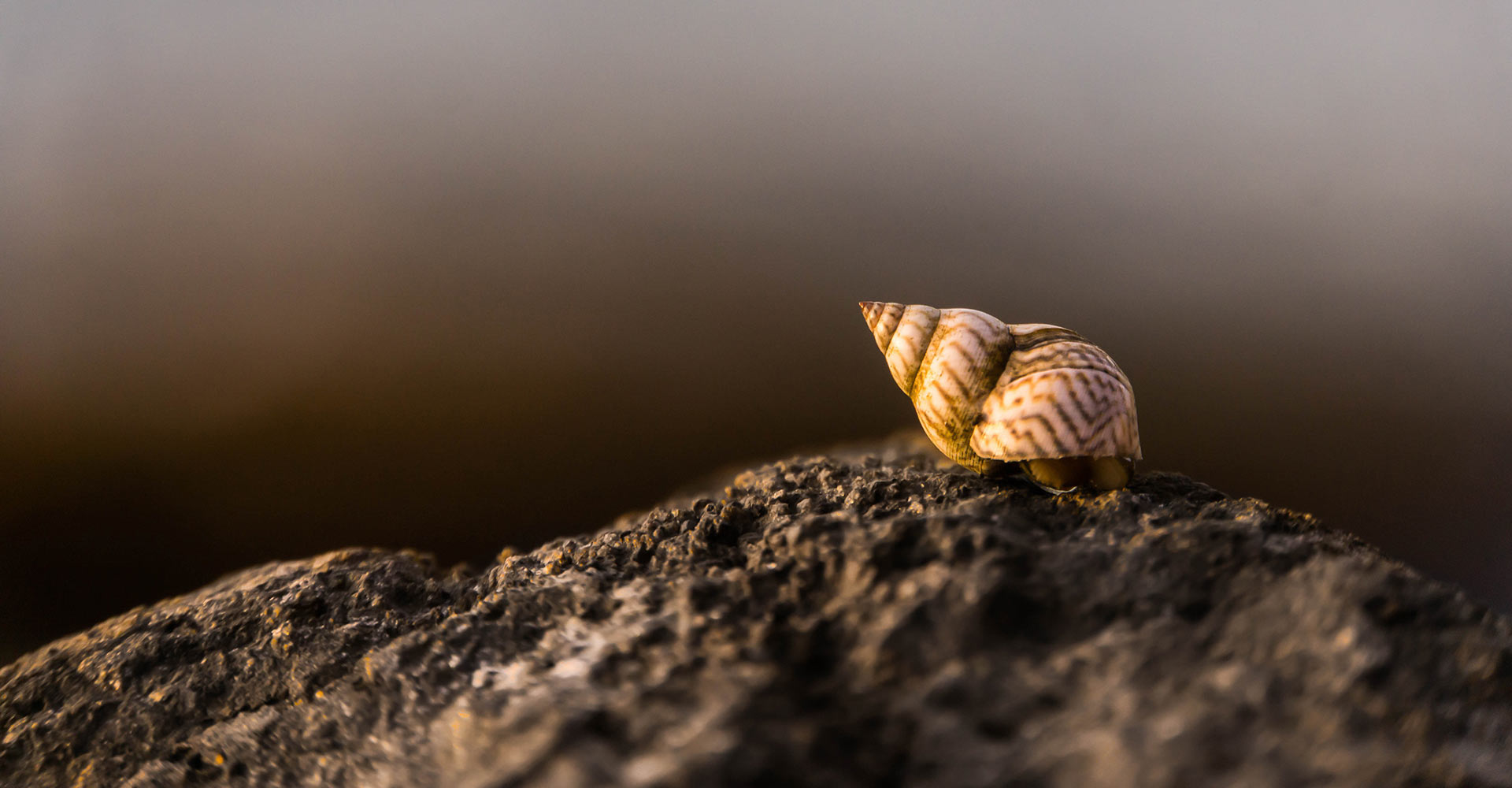
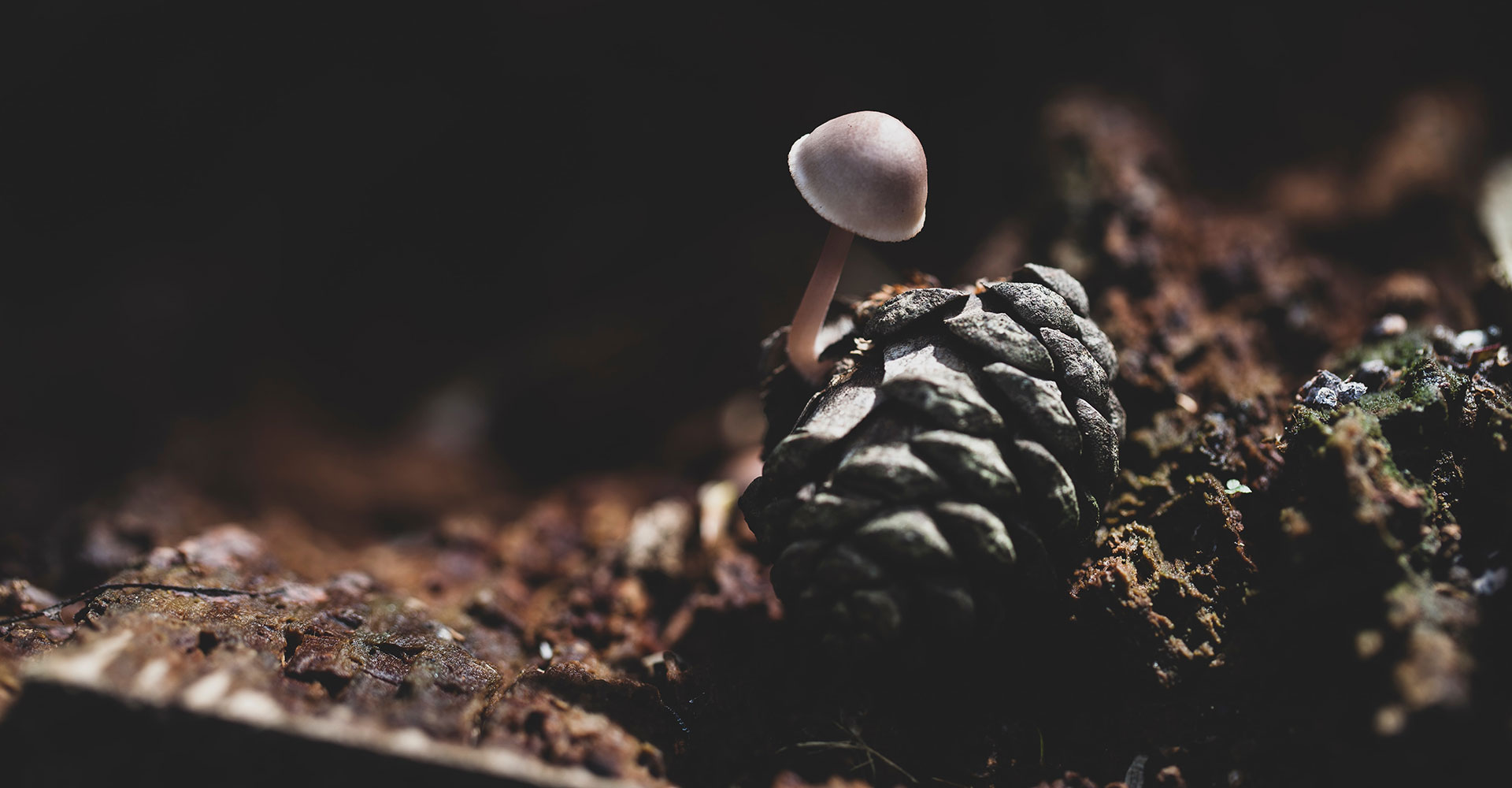
This is lovely! It definitely speaks to me in my life right now. Thank you.
Beautiful way of seeing a watershed community growing friendship. I wonder if that post heroic journey could be like the secular Buddhists I follow call befriending yourself, befriending others? And add our others plants and animals, water for daily prayer and creative practices to not go crazy as things fall apart.
Thanks for kickstarting my day.
Timothy
PS: in the random nature of my mind early in the morning, I thought you might be interested in this talk by a French rabbi. She has an interesting view of American sense of community and French take on it. I’d be curious if you know her Delphine Horvilleur https://youtu.be/FgF7_g5kqDQ
How wonderfully refreshing! As a man, working in my own startup business, many of the soothsayers that come my way seem to mostly all be cut from the same bit of traditional cloth. Hidebound, you might say. I get sucked into the mindset all too readily. I’m 63, and want to glory in beating the young bucks out there at their own games. At this age, it’s high time to move beyond that and seek wisdom above wealth and status. Leave that stuff for the younger crowd.
Exceptional, thank you for your wisdom.
Ah yes, delightful indeed, worthy of pondering. I immediately shared with my sister Colleen in her own season as elder with her horse named Marvel and an Aussie Shepherd too. Now I understand the disagreement with Campbell on the journey for a heroine, but I would add that rather than exclusion, everything belongs, a “both/and” if you will? Beyond gender is beyond the threshold, and therein the Journey. Perhaps after all we too are both/and?
Pádraig Perching Eagle
anonemoose monk and grandfather
I suppose after all I’m just a Hydrangea-loving muggle?! };-)
I love the idea of both/and, Patrick.
Thank you Sharon for another inspiring offering. I highly recommend to all those interested in the subject that you read this article about “ The macho sperm myth” in which the author explores how the idea that millions of sperm are on an Olympian race to reach the egg is yet another example of patriarchal dominance in the context of human reproduction.
Here’s the link: https://aeon.co/essays/the-idea-that-sperm-race-to-the-egg-is-just-another-macho-myth
The Grail story is wonderful in that the resolution is the healing of the kingdom rather than the triumph of the individual. It’s a unique story, and a fine example of what you’re saying. I don’t know of others, do you?